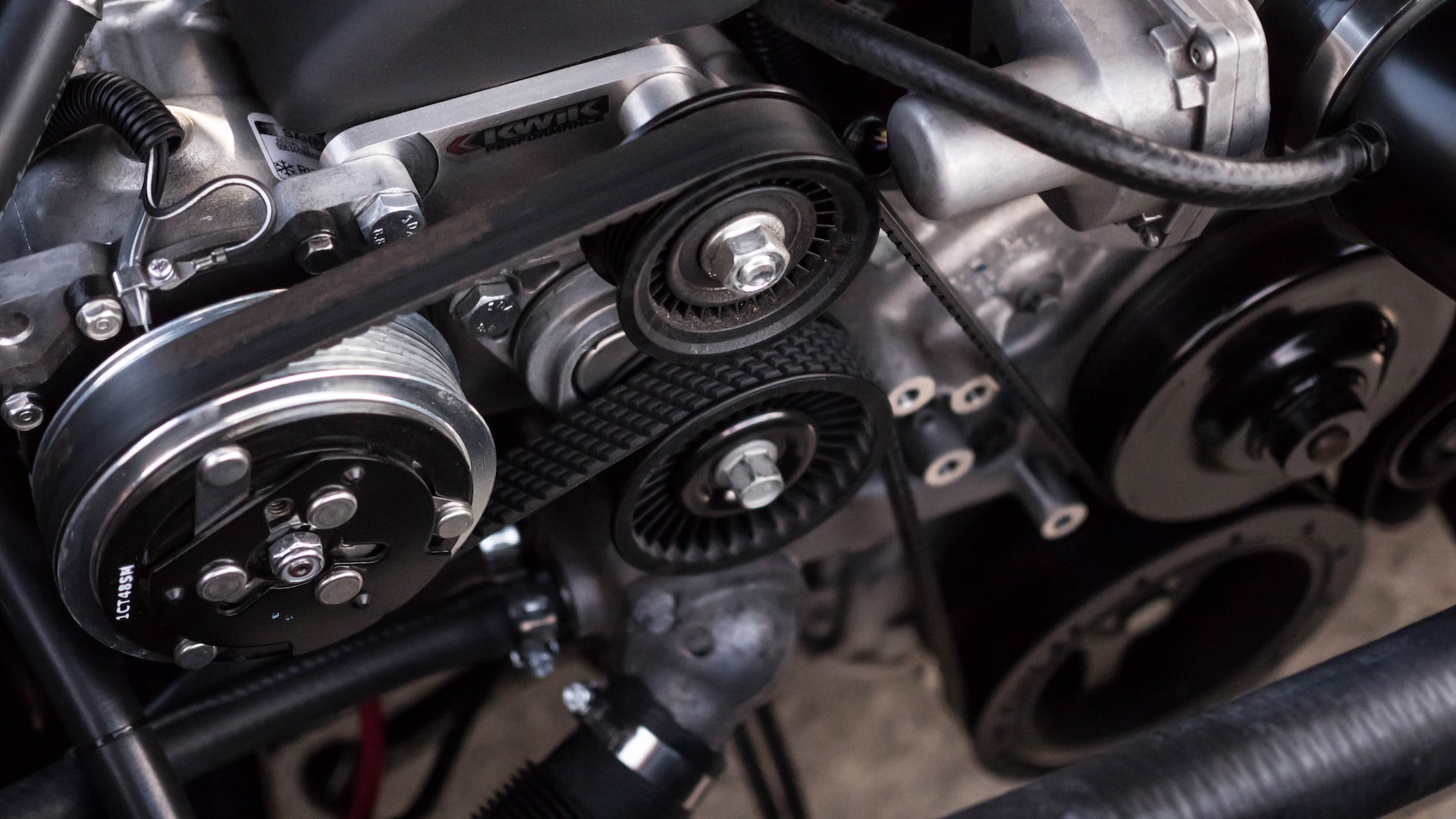You’ve probably heard of anti-freeze – the colorless fluid that protects your car engine against freezing. But are you familiar with the way you can replace it? First of all, know your car’s coolant reservoir location. It is usually located on the side of the engine. You can also check your owner’s manual to determine what mix you should use.
Anti-Freeze Is Colorless
Anti-freeze replacement is essential for the proper functioning your vehicle’s cooling system. This fluid contains ethylene and propylene glycol, which are colorless. However, you need to check the anti-freeze reservoir regularly to avoid overheating. Anti-freeze is also toxic and can harm your pet, so always keep it out of reach. Different types of anti-freeze have different properties. They inhibit corrosion in radiators, protect rubber hoses and extend the life of a cooling system. Some have a specific formula for your vehicle. However, never mix different types of coolants, as this will ruin the thermal characteristics. The best way to determine which type you need is to refer to your car’s handbook.
Most experts in anti-freeze replacement Hampton, VA, suggest that one must first check what type of anti-freeze his car requires. There are three main types – ethylene glycol, propylene glycol, and hybrid organic acid. Some of them cannot be mixed. Always check the owner’s manual or ask a mechanic to help you. It is important to note that ethylene glycol is highly toxic if ingested, so be very careful when changing the anti-freeze in your car. It is also a hazard to children.
It Prevents Water From Freezing.
When the temperature outside drops below zero, your car’s radiator may not have enough water to keep your car cool. This is where anti-freeze comes in handy. This substance lowers the freezing point of water and pumps it throughout the engine block. Without anti-freeze, water could freeze and corrode the radiator.
Anti-freeze is a liquid compound that lowers the freezing point of water. It is used in various heat transfer applications, particularly in internal combustion engines. It also prevents rigid enclosures from bursting, which is essential to an engine’s functioning. This substance is available in either a concentrated solution or a diluted form. Regardless of the form, the liquid phase of anti-freeze is crucial for efficient heat transfer and proper functioning of heat exchangers. If your pipes freeze, it can cause a severe flood in your home. The pressure from a frozen pipe can cause it to burst. This is most likely to happen at joints but can also cause cracks anywhere in the pipe.
It Prevents Rust From Forming On Gaskets.
Anti-freeze is a chemical that prevents rust and corrosion from forming on parts of your car’s cooling system. It also helps transfer heat and eliminates scale buildup. Water naturally contains magnesium and calcium, and these mineral deposits can reduce the cooling system’s efficiency by up to 40%. The most common signs that your car’s cooling system is rusting are a constant screeching noise and an immediate overheating of the engine. Eventually, these problems can lead to engine explosions.
It Eliminates Scale Formation.
If you’re having problems with scale formation in your cooling system, you may want to consider replacing the anti-freeze in your vehicle. This fluid helps prevent the formation of scale and helps restore the optimum cooling system temperature. Calcium and magnesium combine to form a calcium and magnesium phosphate scale that can damage the cooling system parts. This scale can ruin the flatness of the seal faces, cause a leak, or even damage the engine’s bearings.
It Protects Your Engine.
The anti-freeze in your car is an important part of your cooling system. It helps prevent the water in your cooling system from freezing and raises the engine’s boiling point to prevent the engine from overheating. The freezing or overheating of your car’s engine can cause severe or even fatal damage. It can also cause your car to not run. Anti-freeze helps protect your engine from severe damage caused by corrosion. It also prevents rust from developing on parts of your cooling system. It also helps prevent the formation of scale, which reduces the efficiency of heat transfer. Water naturally contains calcium and magnesium, reducing heat transfer efficiency significantly. Without anti-freeze, your cooling system could fail.

